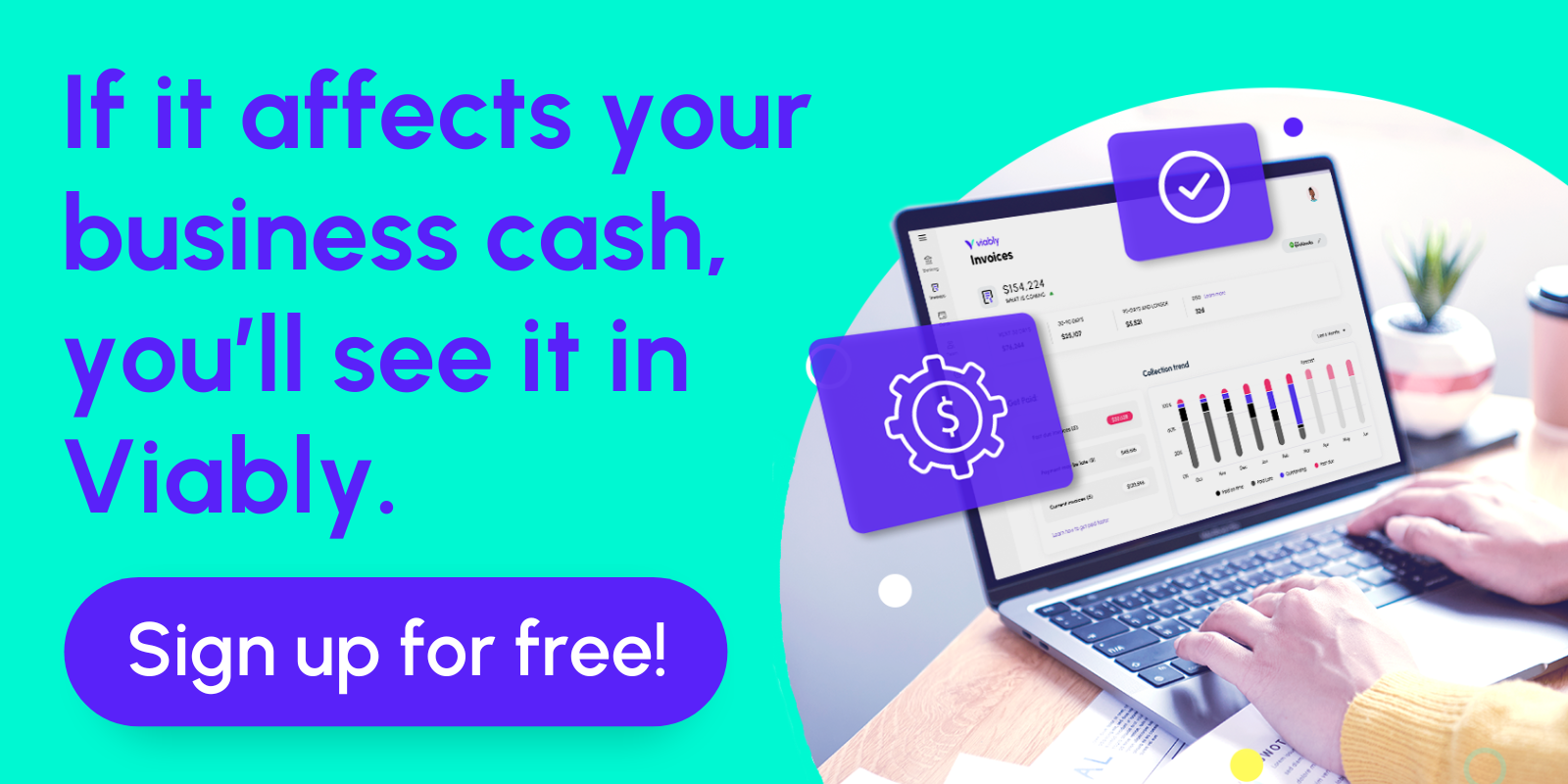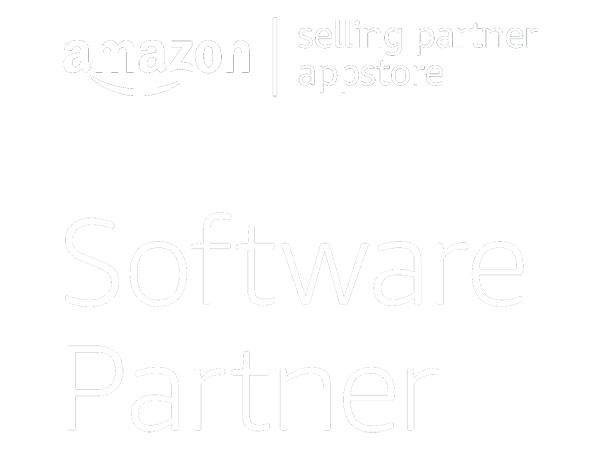Every small business is faced with this question, usually early on. “Does my small business need Customer Relationship Management (CRM) software?”
The simple answer is most likely, YES! Unfortunately, more than 40% of businesses do not use a CRM tool. It’s a significant mistake, given that a considerable margin of companies have customer satisfaction at their core.
If customer relationships are an important part of your business success (I’m guessing they are), then it makes sense to track all of your prospect and customer data efficiently.
Let’s start by understanding CRM and some of the industry leaders.
What is Customer Relation Management (CRM)?
CRM is a solution that allows your business to track its prospects and customers, manage relationships, track analytics, and automate sales & marketing. It gives you a deeper understanding of your customers and tracks the data you need to provide a great experience.
Understanding your customer base will help you maximize sales/support efficiency, as well as customer experience and lifetime value. It will help your business improve on its internal and external processes. Understanding your customer base (and adapting your business model to it) is vital to set you apart from your competitors.
Recently, BusinessNewsDaily researched more than 60 systems CRM and arrived at this list of Best CRM of 2022 for small businesses after considering costs, simplicity, integration, and popularity. This should guide you in choosing the right cost-friendly CRM that aligns with your business needs.
Now that we understand what to look for, let’s dive into the five key reasons to consider CRM.
View the Complete Customer Journey (With Customer 360)
The amount of talk about customer experience has almost made the expression trivial. Of course, to your business, it’s far from trivial. You want to understand their needs, behaviors, and preferences. Maybe you’ve heard of the term, “Customer 360” as it applies to CRM.
Customer 360 provides end-to-end visibility of the customer’s journey. It highlights different stages, personal information, preferences, recent transactions, and a strategy that provides your team with data and insights to offer a personalized experience.
This feature integrates all the customer relationship activities into a single view, helping you align your entire business with the customer. As a result, you can easily build a strategy to improve sales or targeted campaigns. Most importantly, you can quickly make educated decisions based on customer behavior.
Process Automation for Sales and Customer Service
CRM software is a beneficial tool in visualizing and automating your sales, marketing, and service processes. You might read these benefits and think, “this is only for big companies with large teams in each of these departments.”
But it’s not that simple. Yes, big companies invest big money in CRM software to build processes, but small businesses—even self-employed consultants or contractors—can often benefit from building processes into each stage of their customer journey.
It enables you to improve sales, marketing, and service by taking mundane tasks off your team’s hands. Building notifications and step-by-step processes into your CRM software encourages proactive customer relationships and efficiency for your team.
Everyday use cases include automating lead conversion on specific criteria, notifying sales folks of specific events, and kicking off a customer welcome/onboarding process.
Consolidation and Collaboration (No more sticky notes!)
Your small business probably tracks data through spreadsheets, notepads, sticky notes, or outdated systems that are difficult to manage. CRM consolidates different facets of your business into a single system.
This helps you to optimize costs for all of the ways you previously tracked and communicated data—as they’ve been condensed into your CRM software. And before you say it… “we don’t pay for any data tracking software.” Then rest assured, you’re paying for it with time wasted on chasing customer data.
CRM tools are geared towards facilitating communication, both internally and externally with your customers. A single record of all that communication is always just a click away.
Analytics and Metrics
Time and other resources are crucial to obtaining metrics that reflect the growth of your business. Moreover, analytics tools can cost you a ton of money from a product, setup, implementation, and maintenance perspective. A quick and easy way to achieve this is CRM: It provides a straightforward built-in solution to configure reports and dashboards specific to your needs.
Predictive technology
Finally, prediction is arguably the most important aspect of CRM.
By aggregating end-to-end prospect/customer sales, marketing, and service information, your CRM tool provides powerful insights and recommendations for your business. For example, a CRM tool worth its weight will classify opportunities as hot or cold to drive sales in the right direction. It will also identify negative trends in your sales data and suggest a possible solution.
CRM should be high on the list of considerations if you want to establish a good customer experience, increase sales, and grow your business. A lot of thought goes into your business technology investments, especially early. Selecting the right CRM tool is one of the most important decisions you’ll make.




